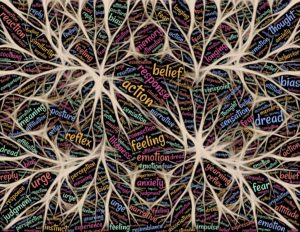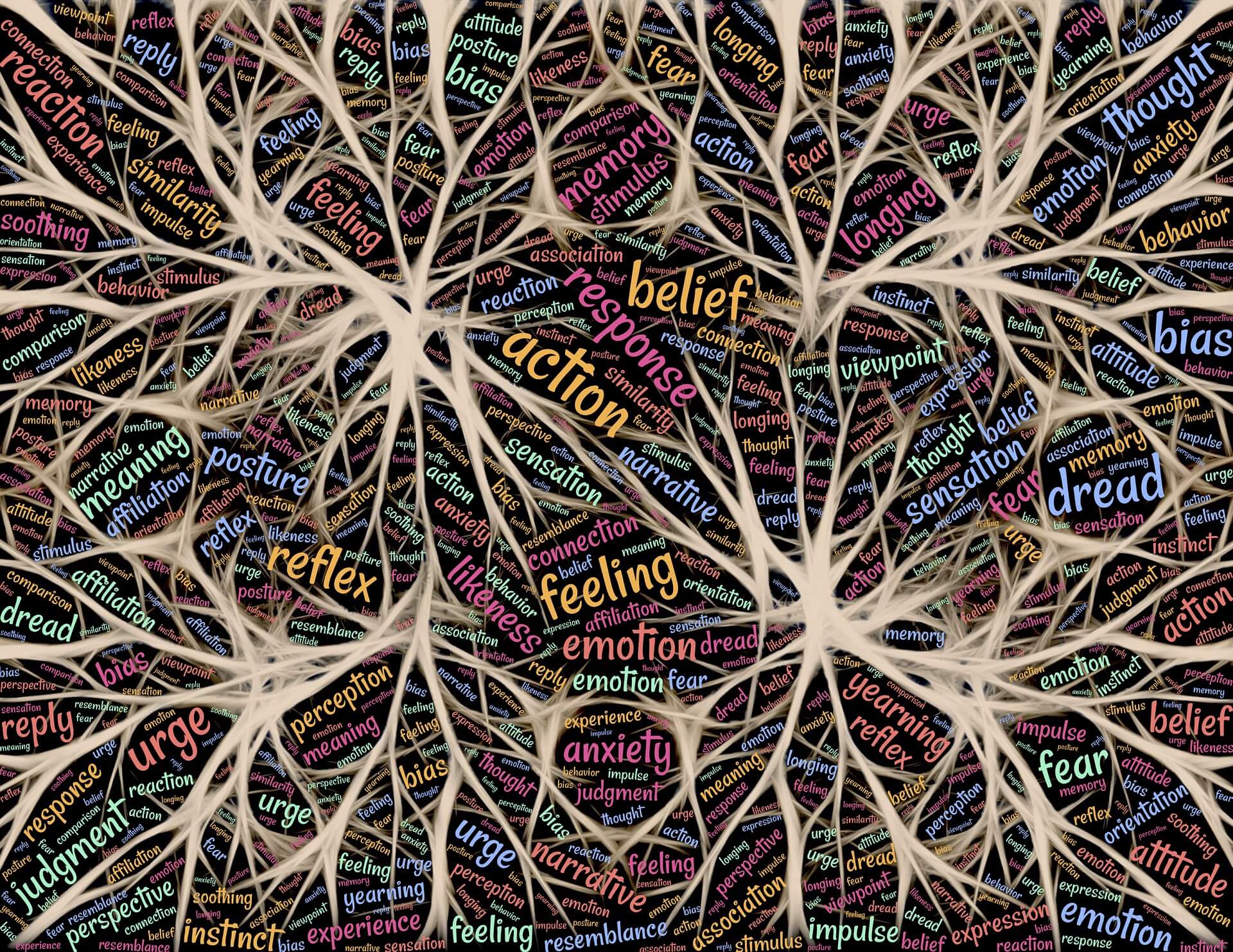This post is Part 2 from the work of Dr. Frances Jensen and Amy Nutt’s book The Teenage Brain: A Neuroscientist’s Survival Guide to Raising Adolescents and Young Adults
Does my child need a diagnosis of anxiety and/or depression? First, take a deep breath. Overall, mental health is worsening for all ages in 2021. Adolescent depression is up .5% in the last year. It’s even worse for adults. That means, however, there are more resources and providers on the lookout. Teenagers and children also have a better vocabulary for mental health, so they can tell you when they may need help. That’s good news.
Second, Jensen and Nutt write “Teens, by nature, worry a lot and are prone to being restless and irritable.
To be characterized as a disorder, however, the anxiety must interfere with normal functioning.” So, ask yourself “Does my teenager’s worry interrupt or hamper their life?” If not, they probably will not qualify for clinical anxiety or worry. A diagnosis isn’t what you should be after anyway. For most of my younger clients, I encourage parents, if they can, to use private pay and not insurance. A diagnosis for depression or anxiety can jeopardize future employment. While having electronic health records is helpful for communication from healthcare provider to provider, it also follows us throughout our lives. Private pay allows your counselor not to report anything to insurance and keep a diagnosis off their health records. For issues that aren’t chronic or requiring medication, it’s best to keep a diagnosis off their electronic health record if you can do so.
Also, take into account all of the behaviors of your teenager when it comes to evaluating their mental health.

While they seem overly bold and carefree, this could be a symptom of anxiety. Jensen and Nutt write “In addition, excessive worry also can push a teenager in the opposite direction, toward more risk-taking, drug experimentation, and unprotected sex as a way to overcome, diminish, or simply deny the fears. In some cases, the excessive anxiety will produce physical symptoms, too: headaches, stomachaches, fatigue, trembling or sweating, even hyperventilation.” It’s important for parents to look at the whole picture of their child, including how well school is going, their involvement in extracurriculars, etc.
Teenage anxiety may not be chronic and just a result of their lives, too. The book also notes that in a 2000 study of youths being seen at an anxiety disorders clinic, patients’ answers to a question about what worried them most frequently and most intensely were not much different from the answers of youths without an anxiety disorder.
Their top-five most frequent teenage worries:
- Friends
- Classmates
- School
- Health
- Performance
Teens top-five most intense worries:
- War
- Personal harm
- Disasters
- School
- Family
Finally, we can remember that as parents, you are the first line of defense when it comes to your child’s mental health.
“Be vigilant, exercise your own well-developed skill sets to ask questions, probe, stay connected, and, most important, have a low threshold to seek medical advice or counseling for symptoms that appear to change from the ordinary.” The authors remind us that most teenagers with anxiety don’t fit into the stereotypical loner motif of eating lunch alone in the cafeteria. We can do our part by being active in our teen’s life and asking questions. You can also model how to listen and be receptive to their feelings and desires. Remember, you know your teen better than anyone.
This is part two of The Teenage Brain: A Neuroscientist’s Survival Guide to Raising Adolescents and Young Adult by Frances E. Jensen and Amy Ellis Nutt

